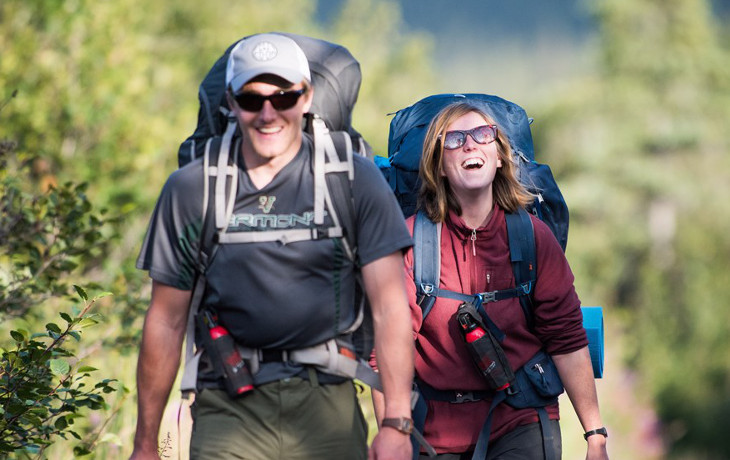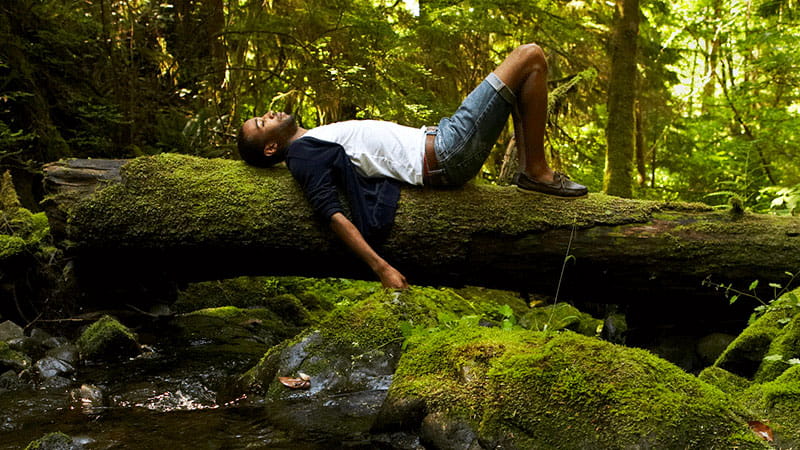This article explores the benefits of training and practicing survival skills, including physical fitness, mental preparedness, and increased confidence. It highlights the importance of being prepared for emergencies and provides practical tips for developing essential survival skills.
Whether you are an avid outdoors enthusiast or simply want to be better prepared for emergencies, training and practicing survival skills can be a game-changer. From physical fitness to mental preparedness, learning essential survival skills can help you develop the confidence, knowledge, and resilience to navigate high-stress situations.

- Physical Fitness: Being in the good physical condition is essential for survival situations. In emergency situations, you may need to walk or hike long distances, carry heavy loads, or perform physically demanding tasks. Training and practicing survival skills can help you develop the strength, endurance, and agility needed to face these challenges.
- Mental Preparedness: Surviving in extreme situations requires mental toughness and resilience. Training and practicing survival skills can help you develop the mental preparedness needed to remain calm, focused, and confident in high-stress situations. Learning survival skills can also help you develop problem-solving and decision-making skills, which are critical in emergency situations.
- Increased Confidence: Learning and practicing survival skills can help you develop a sense of self-reliance and independence. The confidence that comes with knowing that you can take care of yourself in an emergency can be empowering and life-changing.
- Better Preparedness: In today’s world, emergencies and disasters can happen at any time. From natural disasters to terrorist attacks, being prepared for emergencies is essential. Training and practicing survival skills can help you develop the knowledge and skills needed to be better prepared for emergencies, whether at home or in the wilderness.
- Developing Essential Skills: Survival skills can be essential in a wide range of situations. From starting a fire to purifying water, knowing how to navigate and communicate in the wilderness, and providing basic first aid, these skills can be lifesaving.
- Boosting Creativity and Resourcefulness: In survival situations, resources may be limited, and you may need to rely on your creativity and resourcefulness to survive. Training and practicing survival skills can help you develop your problem-solving skills and come up with innovative solutions to complex challenges.
- Encouraging Teamwork: In many emergency situations, working as a team can be essential. Learning and practicing survival skills can be a great way to build teamwork and collaboration skills, as you work with others to develop plans and strategies for survival.
- Increased Environmental Awareness: Developing survival skills can help you become more aware of your environment and the resources available to you. You can learn how to read the weather, identify useful plants and animals, and navigate unfamiliar terrain.
- Strengthening Relationships: Survival skills training can be a great way to build relationships and connect with others who share similar interests. You can learn from experienced instructors and other participants, share experiences, and develop lasting friendships.
- Improved Mental Health: Engaging in survival skills training can have a positive impact on mental health. The sense of accomplishment that comes with learning new skills and facing challenges can help boost self-esteem and reduce stress and anxiety.
- Greater Self-Sufficiency: Survival skills training can help you develop the skills and knowledge needed to be self-sufficient in a variety of situations. Whether you’re lost in the wilderness or dealing with a natural disaster, being able to provide for yourself and your loved ones can be a game-changer.
- Enhanced Problem-Solving Abilities: When you’re in a survival situation, you may encounter unexpected challenges and obstacles that require creative problem-solving skills. By training and practicing survival skills, you can develop your ability to think outside the box and come up with innovative solutions to complex problems.
- Improved Coordination and Balance: Many survival skills require physical coordination and balance, such as climbing, rappelling, or navigating difficult terrain. By practicing these skills, you can improve your coordination, balance, and overall physical fitness.
- Increased Appreciation for Nature: Survival skills training can deepen your appreciation and respect for the natural world. By learning to live off the land and work with the resources provided by nature, you can develop a greater understanding of the interconnectedness of all living things.
- Preparation for Career Opportunities: If you’re interested in pursuing a career in outdoor recreation or emergency management, training in survival skills can be an important asset. Many employers in these fields look for candidates with hands-on experience and training in essential survival skills.
- Empowerment: Learning and practicing survival skills can be a transformative experience, providing you with a sense of empowerment and self-confidence. By mastering new skills and facing challenges head-on, you can build a strong sense of resilience and self-reliance that can benefit you in all areas of your life.
- Reducing Fear and Anxiety: In emergency situations, fear and anxiety can be overwhelming. By training and practicing survival skills, you can develop the confidence and knowledge needed to reduce fear and anxiety in high-stress situations. This can be particularly important for individuals who struggle with anxiety or have experienced trauma in the past.
Overall, training and practicing survival skills can be a life-changing experience that provides a wide range of benefits.

Whether you’re interested in outdoor recreation, or emergency preparedness, or simply want to develop your problem-solving and teamwork skills, survival skills training can help you achieve your goals and build resilience for whatever challenges come your way.
Conclusion:
Training and practicing survival skills can have a wide range of benefits, from physical fitness to mental preparedness, increased confidence, and better preparedness for emergencies.
Developing essential survival skills can be a life-changing experience, providing you with the knowledge and skills needed to navigate high-stress situations and build resilience.
Whether you are interested in outdoor recreation or want to be better prepared for emergencies, investing in survival skills training can be a smart and rewarding choice.
